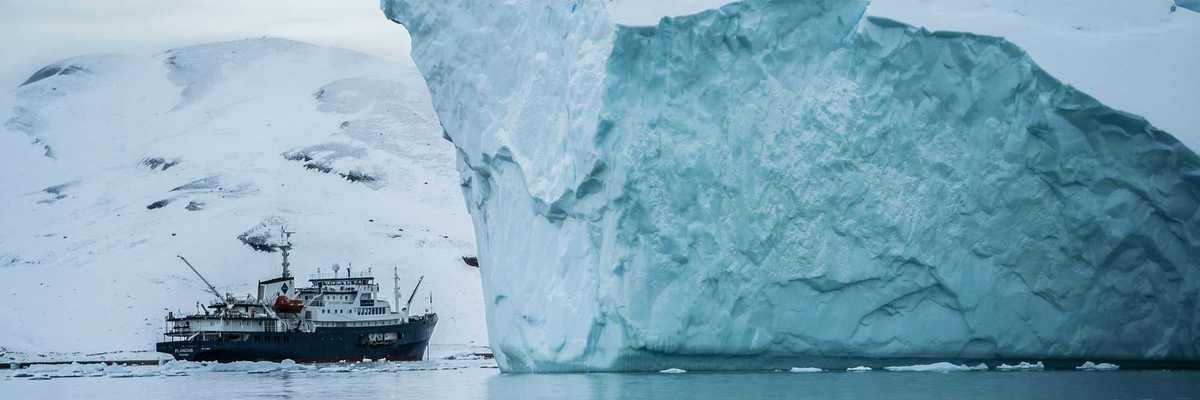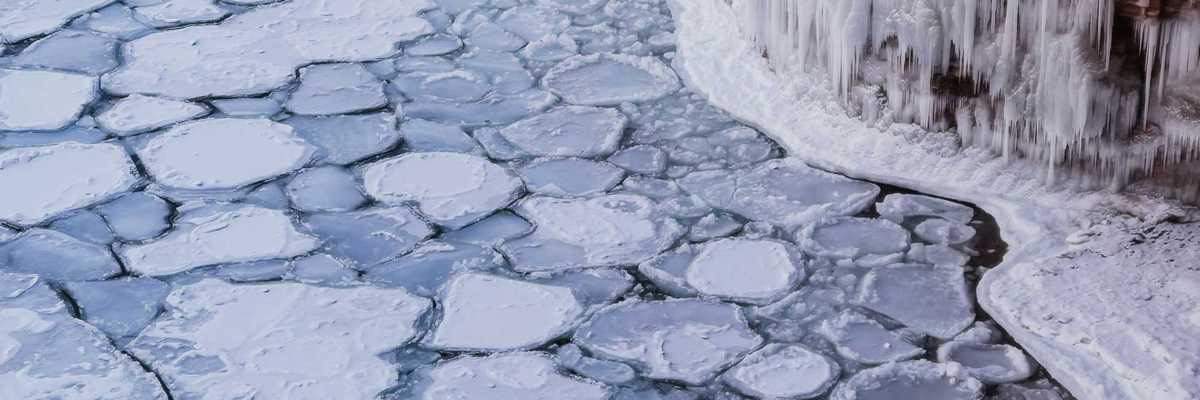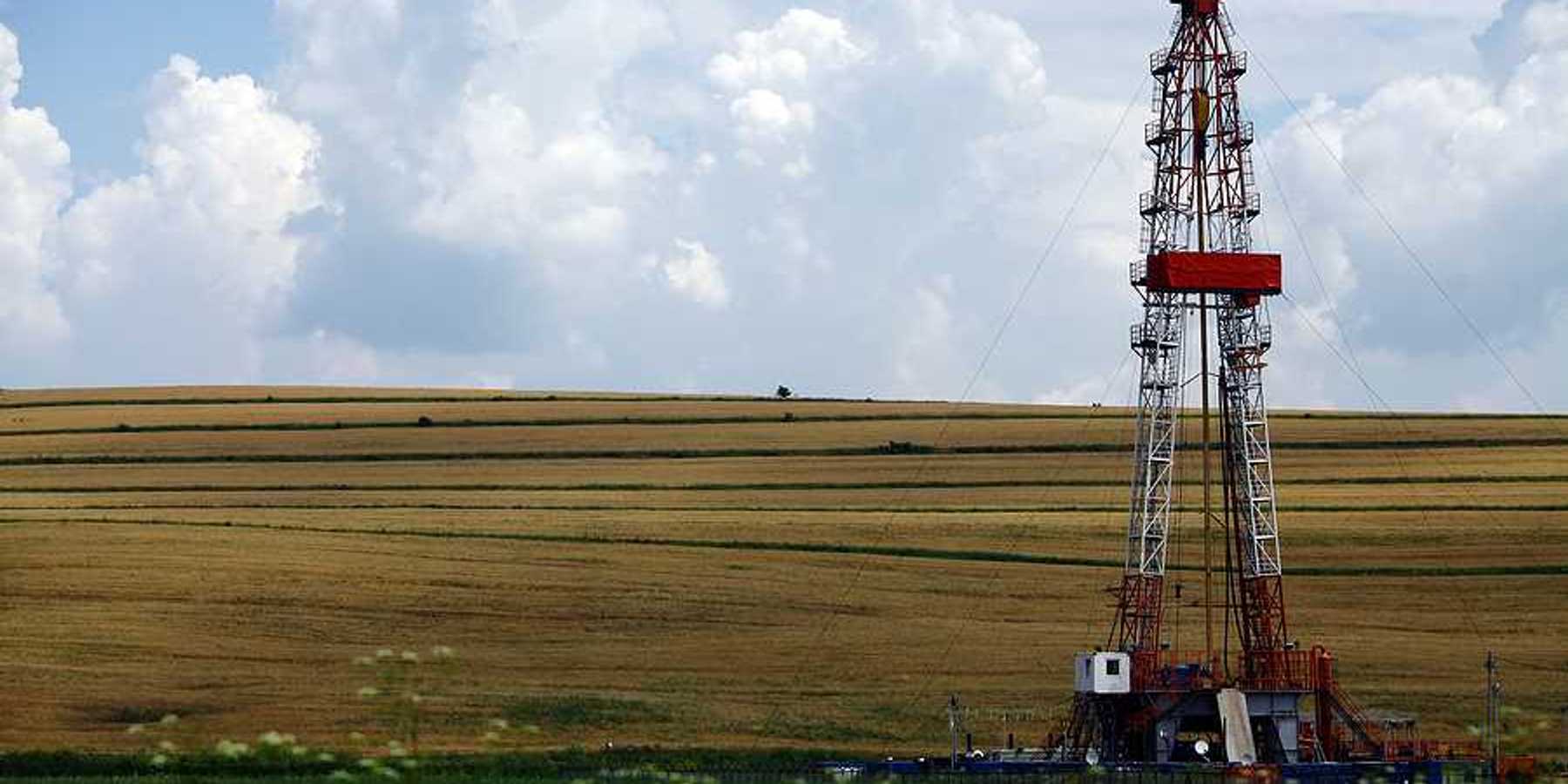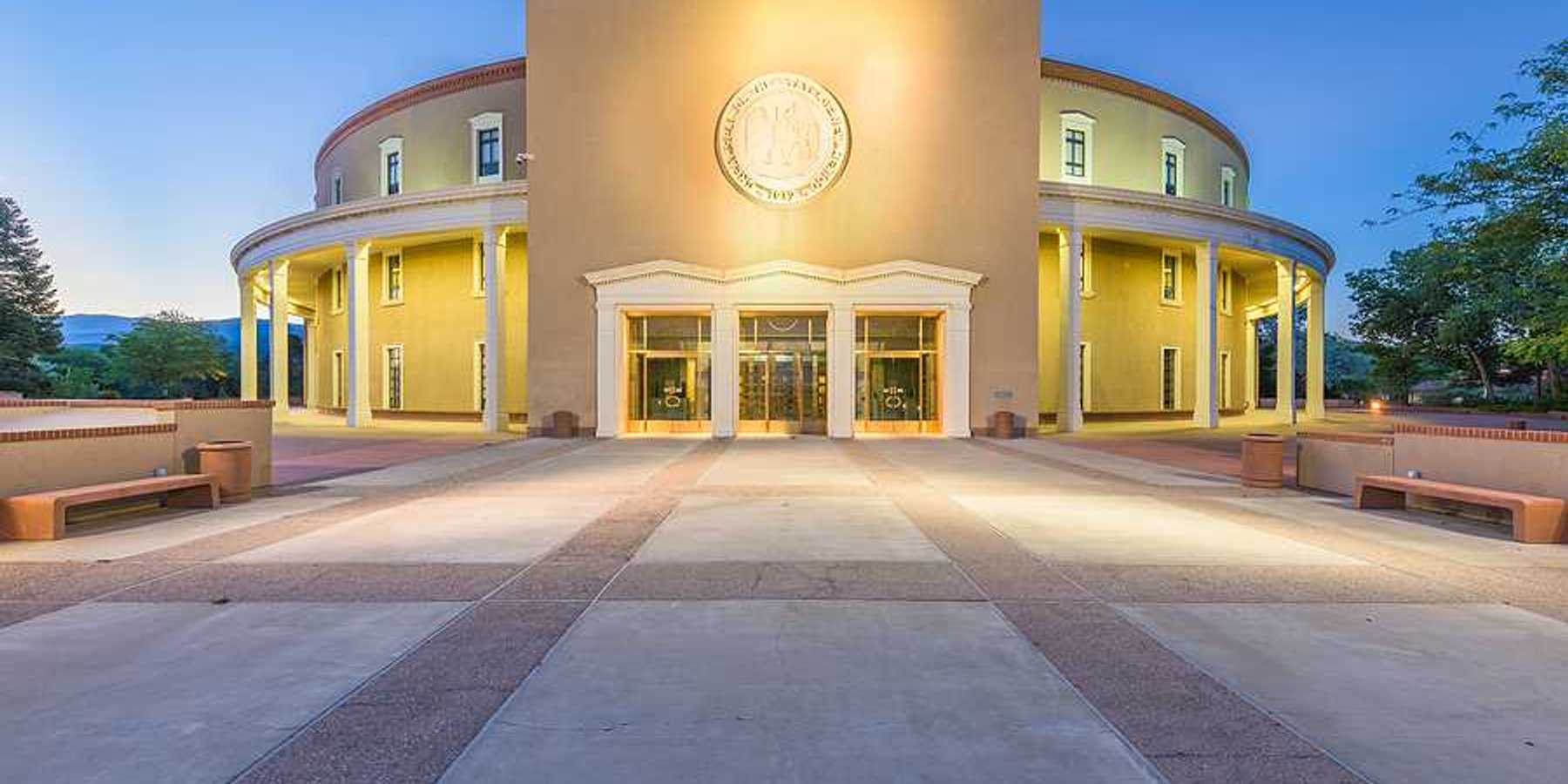justice
The Bad River Tribe continues its fight to remove Line 5 pipeline from their land
A long-standing legal dispute between the Bad River Band of Lake Superior Chippewa and Enbridge over the Line 5 oil pipeline threatens the tribe's wetlands and water supply.
In short:
- The 71-year-old Line 5 oil pipeline crosses the Bad River Band's reservation, and the tribe is fighting in court to have it removed.
- Enbridge has proposed rerouting the pipeline to avoid the reservation, but the tribe remains concerned about environmental impacts from the new route.
- The tribe fears an oil spill could devastate critical wetlands and wild rice beds, vital to their food and culture.
Key quote:
“I think it is remarkable that you could have a pipeline with easements that expired more than a decade ago, that a landowner has sued to have removed and that a federal court has determined is in trespass, yet is allowed to remain in operation.”
— Phil McKenna, reporter.
Why this matters:
An oil spill from Line 5 could severely damage the fragile wetlands and ecosystem that the tribe depends on for sustenance and cultural traditions. The court's decision will shape the future of these vital resources.
Fracking opponent fights to reclaim her life after years of threats
At 23, Colombian environmental activist Yuvelis Natalia Morales Blanco, a leading voice against fracking, continues her battle for mental health after enduring years of harassment and death threats.
In short:
- Morales Blanco received her first death threat at 19 for opposing fracking in her hometown, Puerto Wilches.
- Colombia's stalled fracking projects could resume, increasing risks for activists like Morales Blanco.
- Despite escaping to France under protection, she returned to Colombia, determined to continue her advocacy.
Key quote:
"I decided that the militant half and the other half should be one."
— Yuvelis Natalia Morales Blanco, activist.
Why this matters:
Environmental defenders in Colombia face severe risks, with many, like Morales Blanco, enduring psychological trauma. As fossil fuel projects continue, activists fighting for the environment must also contend with personal safety and mental health struggles.
Related:
Somalia's climate crisis is worsening long-standing challenges
Despite being one of the world's poorest and most conflict-ridden nations, Somalia's top climate advisor remains hopeful for the country's future despite the impacts of climate change.
In short:
- Climate change is intensifying Somalia’s droughts and floods, worsening resource scarcity and fueling local conflicts.
- Around 4 million people, displaced by conflict and climate crises, now live in makeshift refugee camps with little international aid.
- Somalia is investing in renewable energy, with local businesses and communities taking steps to adapt to climate challenges.
Key quote:
“There is no respect if you don’t have a gun. The herders who lead their animals into the farm stay back when they see my weapon.”
— Sheik Don Ismail, Somali farmer.
Why this matters:
Somalia’s escalating climate challenges are pushing its population into deeper conflict and poverty, threatening millions with displacement, hunger, and violence. Addressing these issues requires urgent international support.
Related coverage:
Toronto company plans $1.35 billion biofuel facility in Louisiana
A Toronto-based energy company announced plans to build a biofuel plant in Louisiana using wood and garbage, but critics question its sustainability.
In short:
- Woodland Biofuels plans to use industrial wood scraps and waste to produce biofuels at a $1.35 billion facility in St. John the Baptist Parish.
- The project could create 110 jobs with an average salary of $90,000, supported by $10 million in state grants and tax incentives.
- Critics argue burning biomass for energy worsens deforestation, emits pollutants, and slows the shift to cleaner energy sources.
Key quote:
"Carbon dioxide emissions from burning wood are actually higher than burning coal."
— 2018 Environmental Research Letters study
Why this matters:
While biofuels offer a potential renewable energy source, the environmental cost of burning biomass raises concerns about pollution, deforestation, and whether this approach truly moves society toward cleaner energy.
A pipeline explosion in Texas causes evacuation and damages homes
A pipeline fire ignited after a vehicle struck a valve near Houston, prompting investigations and an evacuation of nearly 1,000 homes.
In short:
- A vehicle crashed into a pipeline valve near Houston, causing an explosion and a massive fire that burned for over 12 hours.
- Nearby homes caught fire due to intense heat, and authorities evacuated 1,000 households while firefighters attempted to contain the flames.
- Air monitoring detected no immediate health risks, though the fire released soot and particulate matter into the environment.
Key quote:
“A lot of the house structures that are adjacent to that are still catching on fire even though we’re putting a lot of water on them.”
— Jerry Mouton Jr., Mayor of Deer Park.
Why this matters:
Pipeline explosions in Houston’s petrochemical region are common, raising concerns about the safety of the infrastructure and its impact on nearby communities and the environment. Residents must grapple with repeated disruptions and potential long-term risks.
Related EHN coverage:
Nicholas Kristof: Climate change’s overlooked impacts on daily life
Rising global temperatures are quietly affecting human health, education, and behavior, not just fueling apocalyptic scenarios.
In short:
- Extreme heat is linked to more accidents, suicides, and violent crimes, as well as worse academic performance.
- Wildfires, exacerbated by climate change, are causing widespread air pollution, leading to thousands of premature deaths yearly.
- Rising temperatures disproportionately affect disadvantaged groups, worsening inequality in education and health.
Key quote:
“The familiar climate catastrophe framing may be missing some of the most important features of the real climate change story.”
— R. Jisung Park, economist at the University of Pennsylvania
Why this matters:
Climate change’s incremental effects are already taking a toll on human well-being. Focusing solely on catastrophic outcomes risks overlooking the current, tangible harm caused by even modest warming, especially among vulnerable populations.
Biden's Justice40 program faces challenges in delivering on its promises
A Chicago nonprofit is working with $10 million in federal funds to transform a disadvantaged neighborhood, but concerns remain over the Justice40 initiative’s impact.
In short:
- Blacks in Green is using federal funds to develop a "sustainable square mile" in a historically Black Chicago neighborhood.
- The Biden administration's Justice40 initiative aims to ensure disadvantaged communities benefit from climate investments but struggles with tracking and implementation.
- Despite federal support, many environmental justice groups face bureaucratic obstacles and are concerned about long-term reliance on government grants.
Key quote:
“This work is about helping our community to understand itself again as its own emergency management system.”
— Naomi Davis, founder of Blacks in Green
Why this matters:
Justice40 promises to direct climate funding to communities most in need, but critics argue the lack of clear metrics and long-term support limits its potential. Without sustained investment, the initiative may fail to address the deep-rooted environmental inequities it targets.









